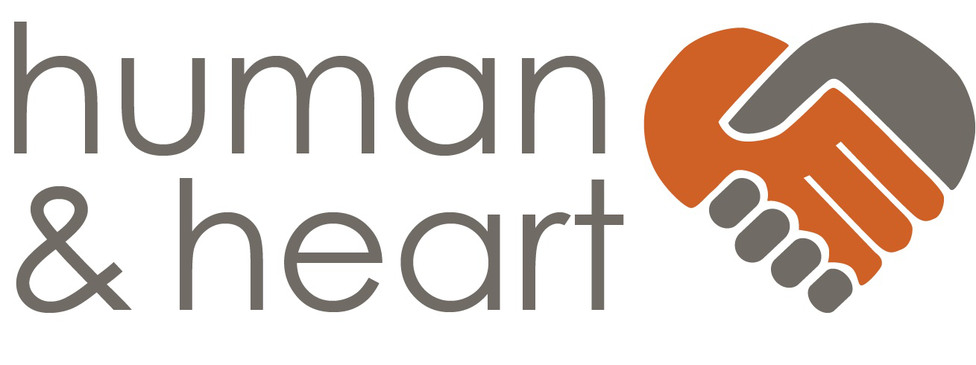Act on the Protection of Persons Reporting Irregularities ("The Whistleblower Act", SFS 2021:890, riksdagen.se) aims to facilitate and encourage whistleblowing while strengthening the protection of whistleblowers.
What is whistleblowing?
Whistleblowing involves raising the alarm about misconduct encountered in one’s work. This may include financial crimes such as corruption and bribery, misconduct related to public procurement, or instances where a person in the university's leadership has abused their position. It can also concern issues affecting individuals' lives and health, such as severe safety deficiencies or serious forms of discrimination or harassment.
For the whistleblower, the law provides protection against retaliation, exempts them from liability in many cases for breaching confidentiality, and ensures that their identity remains protected.
In the Whistleblower Act, the whistleblower is referred to as the "reporting person." The law applies not only to employees but also to students, hired and borrowed personnel, and interns, who are also entitled to report misconduct under the protection of the Whistleblower Act.
There must be public interest
For a report of misconduct to be covered by the Whistleblower Act, there must be a public interest in bringing the information to light. This means:
- The issue must concern serious misconduct.
- It must be of interest to a group that can be regarded as the general public.
- There must be a legitimate interest in exposing the misconduct.
Matters that do not fall under the Whistleblower Act should not be reported through the internal reporting channel. These include conflicts between the reporter and another employee or student, opinions on leadership, salary decisions, and general grievances.
In most cases, such matters do not meet the public interest requirement. However, they may still be important for the University to address, and should be reported through other channels.
Protection against retaliation
The law prohibits employers from retaliating against those who report misconduct. Retaliation includes dismissal, termination, reassignment, and withholding salary increases. Employers who retaliate against a reporter may be held liable for damages.
Protection of the reporter’s identity
For the protections under the Whistleblower Act to apply, the person reporting misconduct must disclose their identity. The identity of the reporting person is protected by confidentiality under Chapter 32, Section 3b of the Public Access to Information and Secrecy Act (riksdagen.se). Information that could reveal the identity of other persons involved is also confidential unless it is clear that disclosure would not cause harm.
Exemption from liability for breaching confidentiality
A reporting person cannot be held liable for breaching confidentiality if they had reason to believe that disclosing the information was necessary to reveal misconduct.
However, the possibility of disclosing confidential information is limited in the same way as the constitutional freedom to communicate information.
Reports are handled by an external company
The University of Skövde has chosen to procure an external whistleblowing service. The company Human&heart HR AB receives and investigates whistleblower reports on behalf of the University. This arrangement provides access to an e-service for handling whistleblower reports.
This enhances legal security in processing reports and strengthens protection for the whistleblower.
How to submit a report
A whistleblower report can be made via e-service, telephone, mail, or an in-person meeting. Below are the links, addresses, and phone numbers for the University of Skövde's reporting channel, administered by Human&heart HR AB.
- Report via e-service
- Report by phone: +46 8 82 40 00
- Report by mail:
Human&heart HR AB
Pelle Bergs backe 3c
791 50 Falun, Sweden - Report in person at Human&heart HR AB
When assessing and investigating reports via the whistleblower service, the University of Skövde’s partner – Human&heart HR AB – processes personal data as the data controller. Read Human&heart’s privacy policy for more details.
False reports
A person who reports situations they know have not occurred or who provides deliberately misleading information is not protected by the Whistleblower Act. Clearly false or misleading reports may be subject to investigation.
Freedom of communication
In addition to the protections offered by the Whistleblower Act, there is also the constitutional freedom to communicate information. This grants civil servants and other public sector employees the right to disclose information on any subject for publication in printed media or other platforms without fear of prosecution, punishment, or liability for damages. There are also provisions prohibiting authorities from investigating sources and retaliating against whistleblowers. However, there are exceptions to freedom to communicate information.

